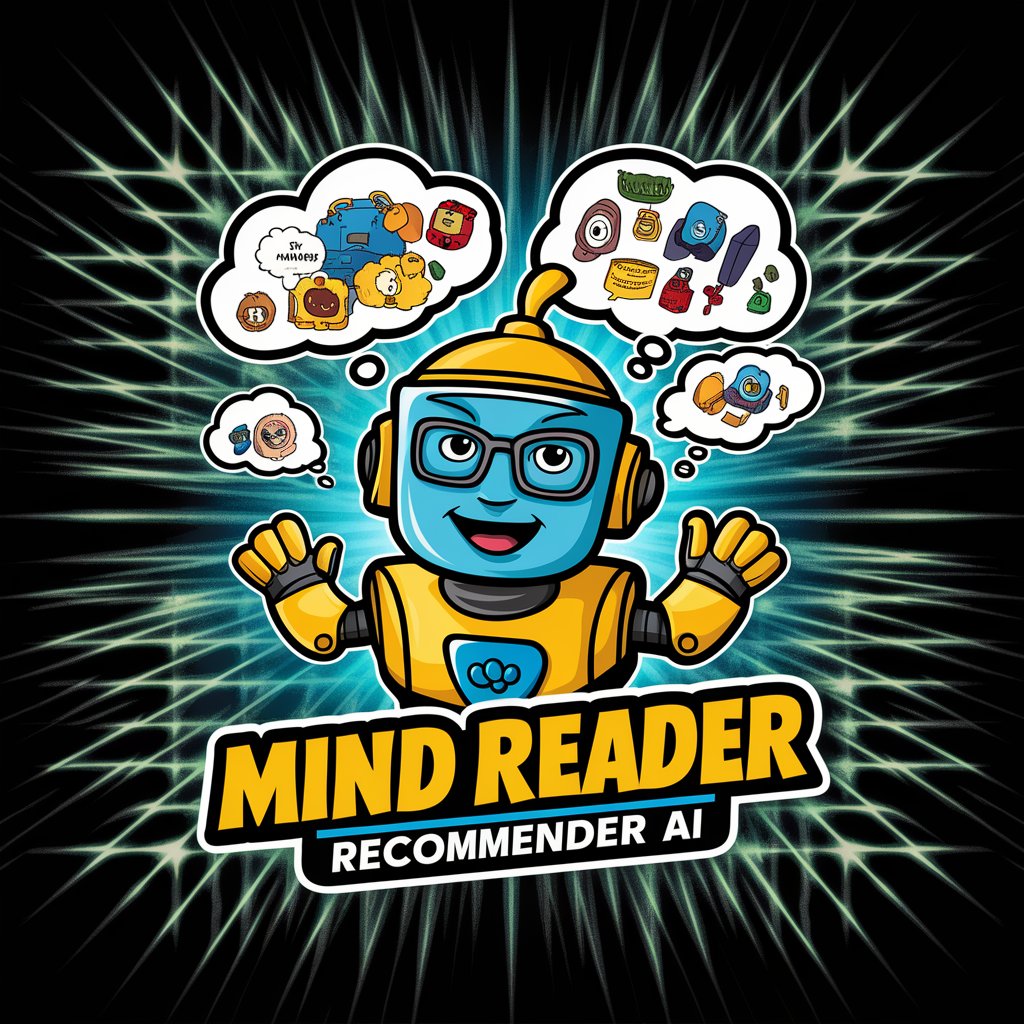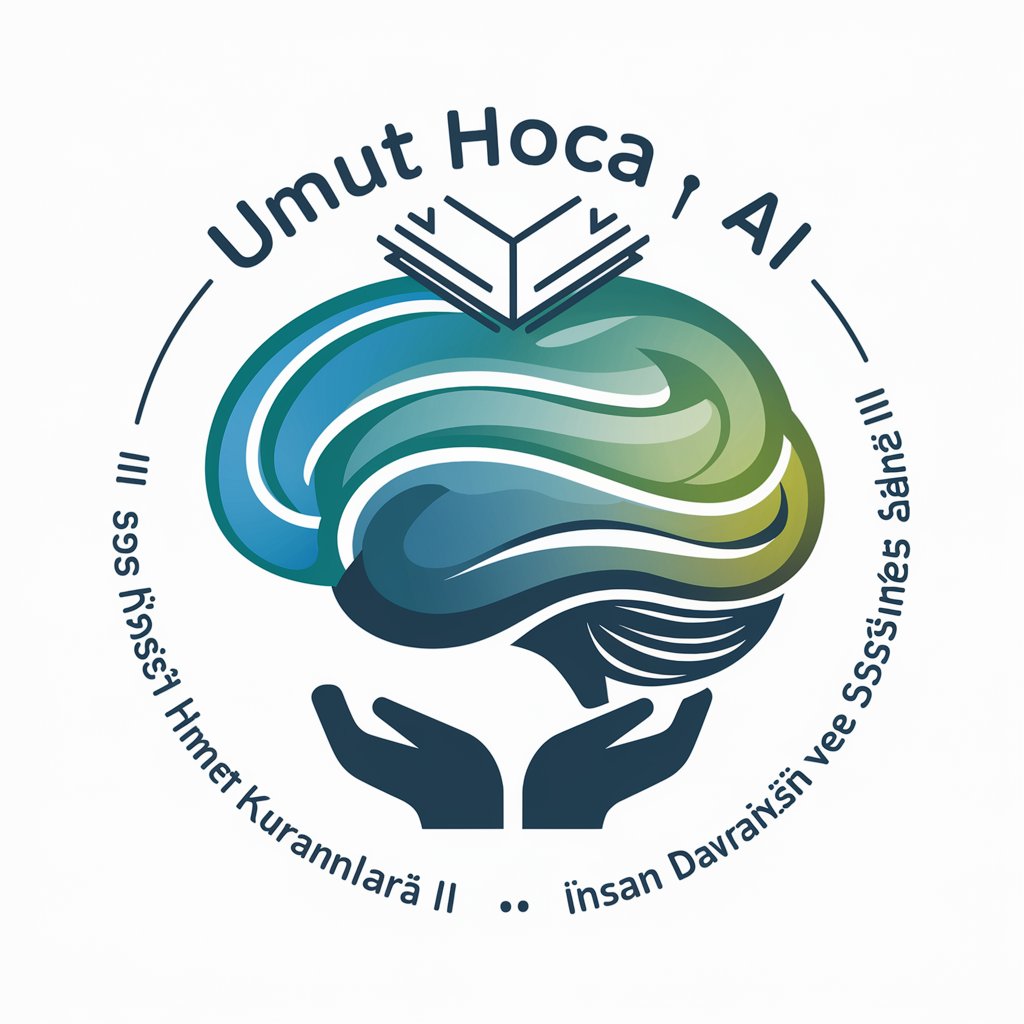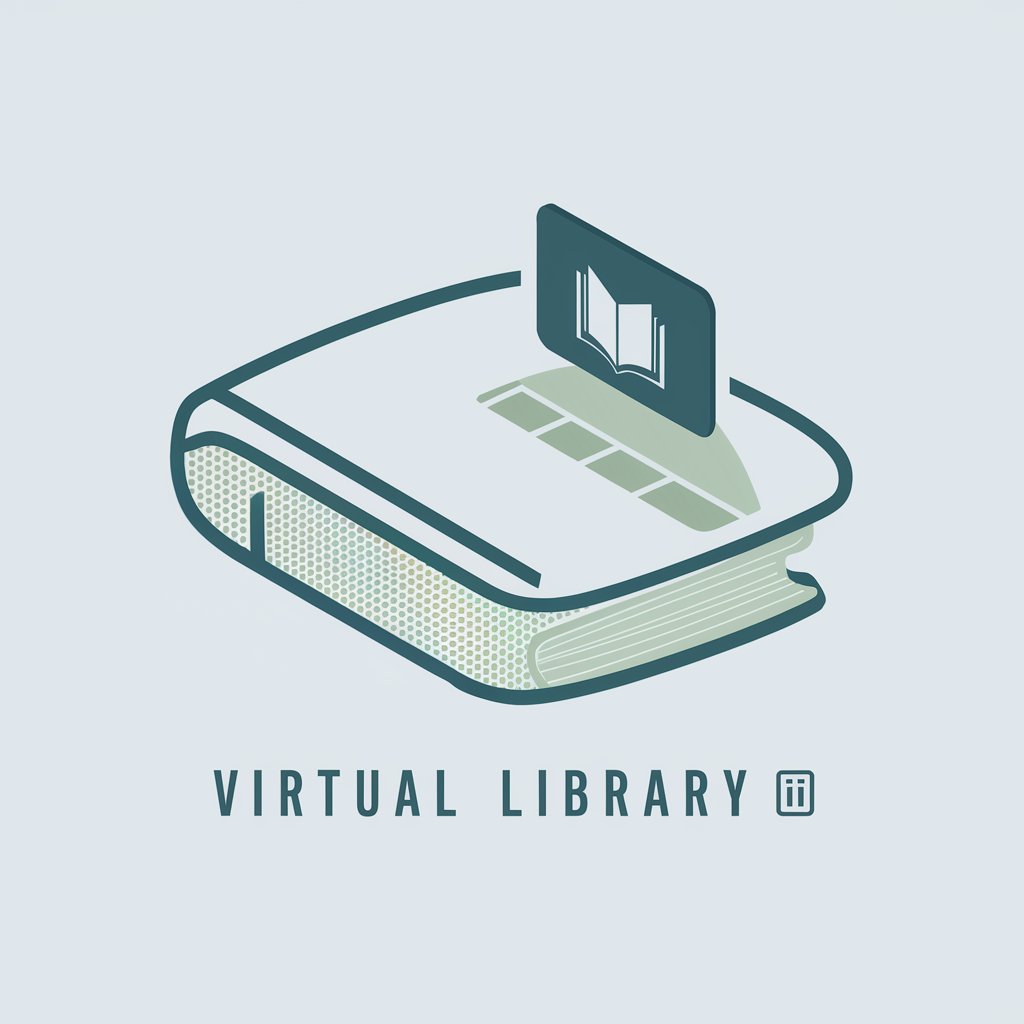4 GPTs for Reading Suggestions Powered by AI for Free of 2025
AI GPTs for Reading Suggestions are advanced tools powered by Generative Pre-trained Transformers technology designed to provide tailored reading recommendations. These tools analyze a user's preferences, reading history, and specific requests to offer personalized suggestions. They leverage the vast capabilities of GPTs to understand and process natural language, enabling them to recommend content that is relevant and appealing to individual users. The role of these AI GPTs is to enhance the user's reading experience by making it easier to discover books, articles, and other reading material that align with their interests and needs.
Top 4 GPTs for Reading Suggestions are: MANGAJPN - Introducing Cartoons from Words,Mind Reader Recommender AI,Umut Hoca AI,白开冰的咸鱼图书馆
MANGAJPN - Introducing Cartoons from Words
Discover Manga with AI-Powered Insights

Mind Reader Recommender AI
Discover Your Next Favorite Thing

Umut Hoca AI
AI-powered Social Work Study Assistant

白开冰的咸鱼图书馆
Unlock the world of books with AI-powered guidance.

Essential Attributes and Functions
AI GPTs for Reading Suggestions come equipped with a range of unique characteristics and capabilities, including natural language understanding, context awareness, and the ability to learn from user interactions. These tools can adapt from providing basic reading recommendations to handling complex queries about specific topics or genres. Special features may include language learning for multilingual support, technical assistance for accessing and interpreting scientific or technical material, web searching for the latest articles or publications, image creation for visual summaries, and data analysis to identify trends in reading habits.
Who Benefits from AI GPTs in Reading?
The target audience for AI GPTs for Reading Suggestions is diverse, including novices looking for their next favorite book, developers seeking to integrate reading recommendation features into their applications, and professionals in various fields who require up-to-date information and publications. These tools are accessible to users without coding skills through user-friendly interfaces, while also offering APIs and customization options for those with programming expertise.
Try Our other AI GPTs tools for Free
Shopping Lists
Discover how AI GPT tools transform shopping lists, making them smarter with personalized recommendations, seamless integrations, and efficient management.
Event Overview
Discover AI GPTs for Event Overview: tailor-made tools designed to revolutionize event planning and management through advanced AI technology.
Scene Structuring
Discover how AI GPTs for Scene Structuring revolutionize the creation and analysis of scenes, offering tailored solutions across various fields with intuitive interfaces and advanced capabilities.
Academic Conferences
Discover how AI GPTs revolutionize academic conferences with tailored, intelligent solutions for organizers and participants, enhancing efficiency and interaction.
Sporting Events
Discover how AI GPTs for Sporting Events transform the sports industry with real-time analytics, game summaries, and predictive insights.
Cold Calling
Elevate your sales strategy with AI GPTs for Cold Calling, leveraging advanced AI to automate conversations, engage effectively, and enhance lead generation.
Expanding Horizons with AI GPTs
AI GPTs for Reading Suggestions offer a revolutionary approach to discovering reading material. Their ability to provide customized solutions across different sectors, including academic research, leisure reading, and professional development, showcases their versatility. The integration of these tools with existing systems or workflows can significantly enhance user engagement and satisfaction by providing more relevant and targeted reading recommendations.
Frequently Asked Questions
What exactly are AI GPTs for Reading Suggestions?
They are AI-powered tools designed to provide personalized reading recommendations using Generative Pre-trained Transformers technology.
How do these tools personalize recommendations?
By analyzing user preferences, reading history, and specific requests, and leveraging natural language understanding to find relevant content.
Can AI GPTs recommend readings in multiple languages?
Yes, many of these tools are equipped with language learning capabilities to support recommendations in multiple languages.
Are there options for developers to integrate these tools into their own applications?
Yes, developers can use APIs provided by these tools for integration into their own platforms or applications.
How accessible are these tools for someone without a technical background?
These tools are designed with user-friendly interfaces that do not require coding skills, making them accessible to a wide audience.
Can these tools help in academic or professional research?
Absolutely, they can assist in finding relevant academic papers, articles, and publications for research purposes.
Do AI GPTs for Reading Suggestions learn from user interactions?
Yes, they continuously learn from user interactions to improve the relevance and accuracy of future recommendations.
Are there any privacy concerns with using these tools?
While these tools prioritize user privacy, it's important for users to review the privacy policies of individual tools to understand how their data is used and protected.